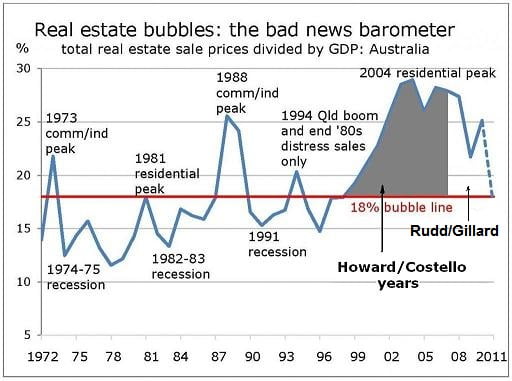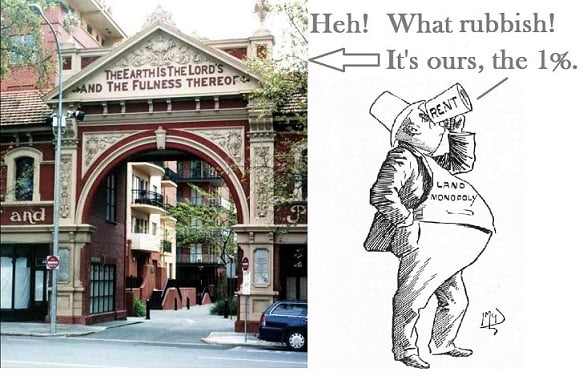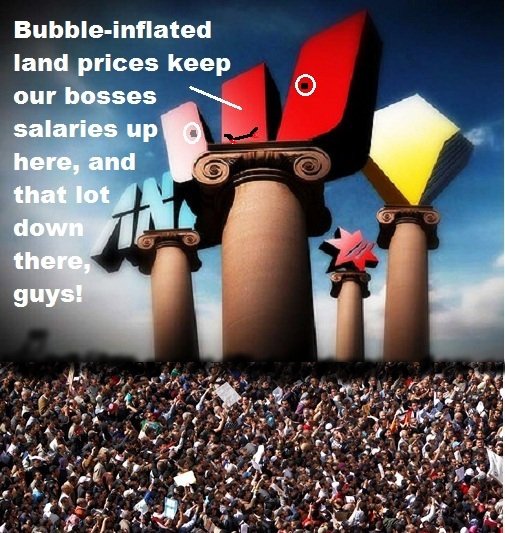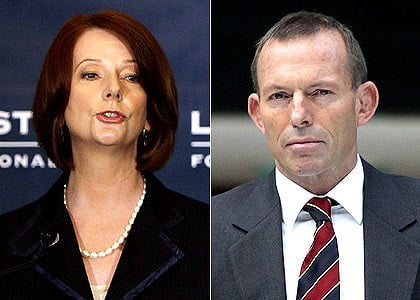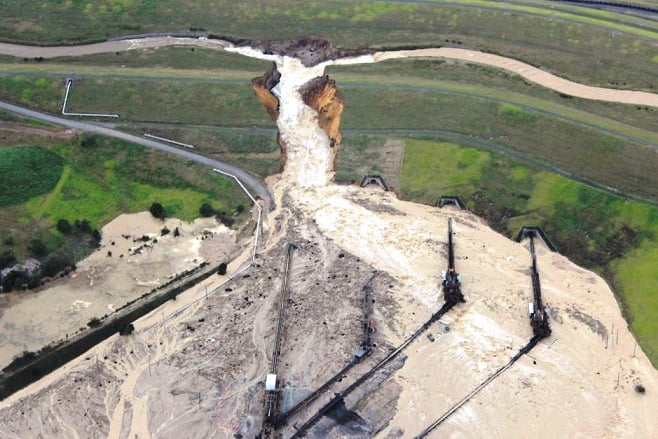
I often see articles sympathetic to the banks, claiming they’re hard done by, and most certainly not responsible for the global financial collapse.
Holding the banks to be the epitome of financial rectitude, and apparently not responsible for their own risk management, they lump the blame onto miscreant borrowers.
When some clown called Irvine Renter recently said Robert Shiller has completely lost his mind in suggesting banks carry responsibility, I flew into a rant:
“I know who’s lost his mind – and it aint Robert Shiller. Banks who lend on bubble-inflated land prices have deep structural problems with their risk management procedures – problems bordering on fraud. Of course they should adjust their loan books back to the real market and renegotiate loans from there.
After hundreds of years, banks don’t know that real estate bubbles burst? C’mon! They want to tie mortgagors down to 30 year sky high mortgages – then expect to be bailed out when things go awry.
Guess where your true moral hazard lies, guys? It aint with Joe Sixpack.”
I expect those people who hold the FIRE sector (viz, finance, insurance and real estate) to be the paragons of morality–thereby helping to underpin the rationale behind obscene bank bailouts–will also find excuses for Barclays and other British banks for fiddling their LIBOR rates.
Their claim that criticising banks is “bank bashing” is every bit as hollow and meaningless as those who claim land taxes are “wealth taxes”. (What on earth does that mean anyhow?)
The sorry state into which the banking industry has descended won’t be reformed by bailing it out for its sins: it must be permitted to go to the wall and be replaced by private interests or governments unprepared to finance real estate bubbles.
As with calls for further financial regulation, the argument that we need to save such a fatally flawed financial system doesn’t hold water.


